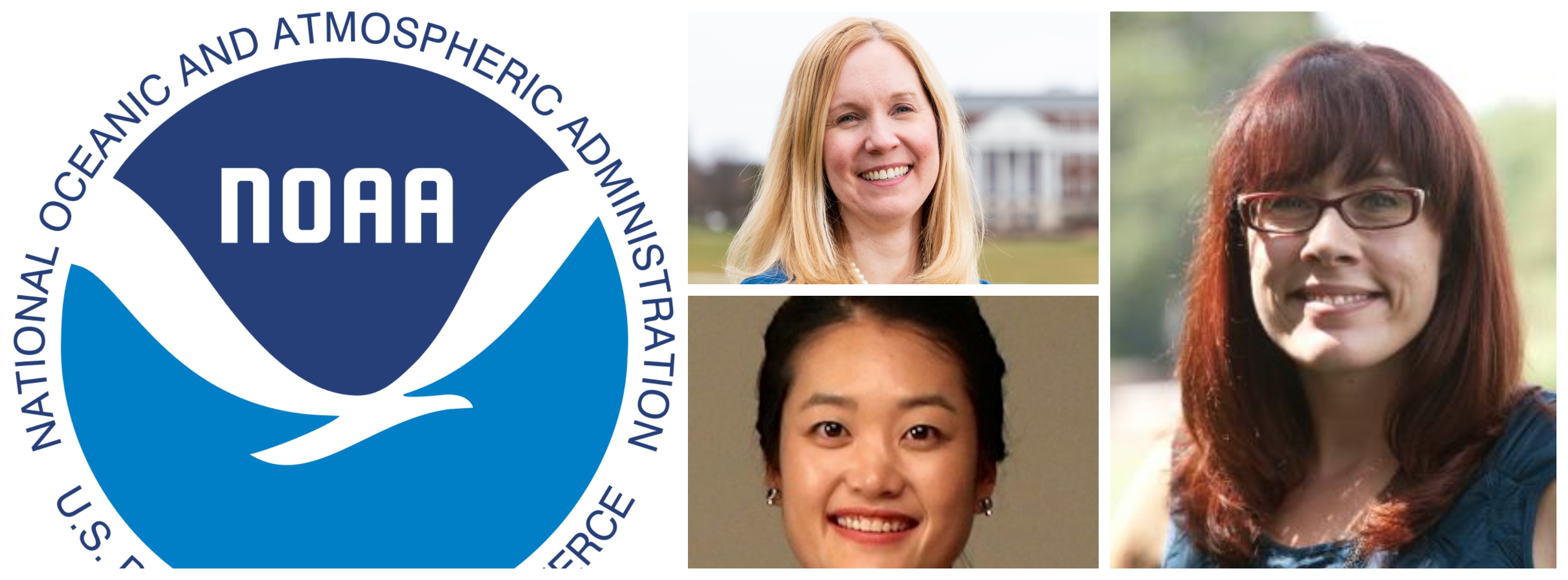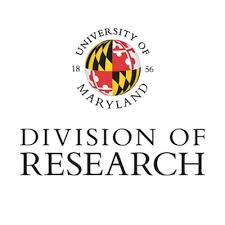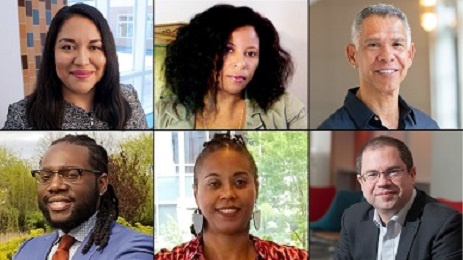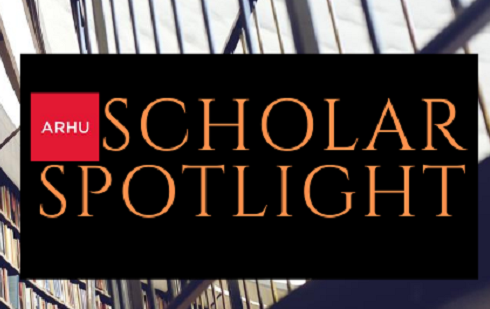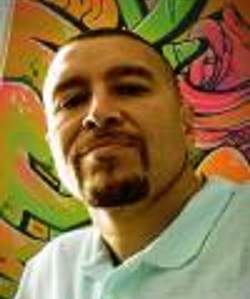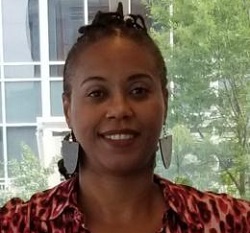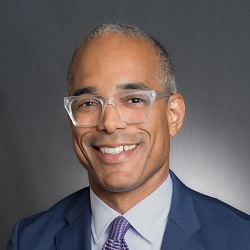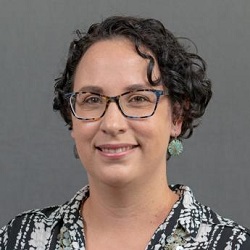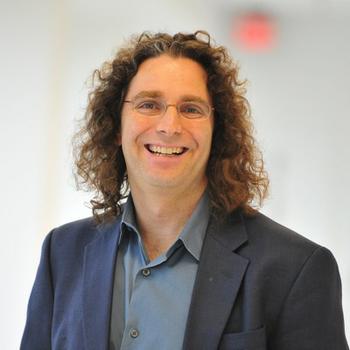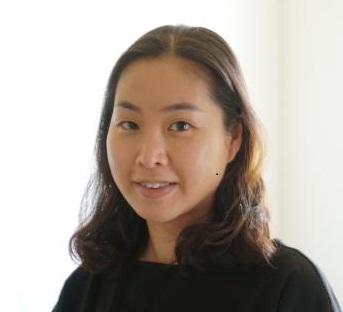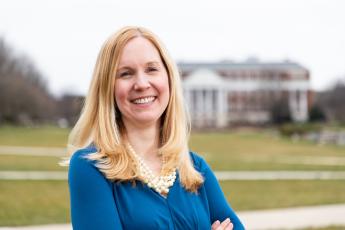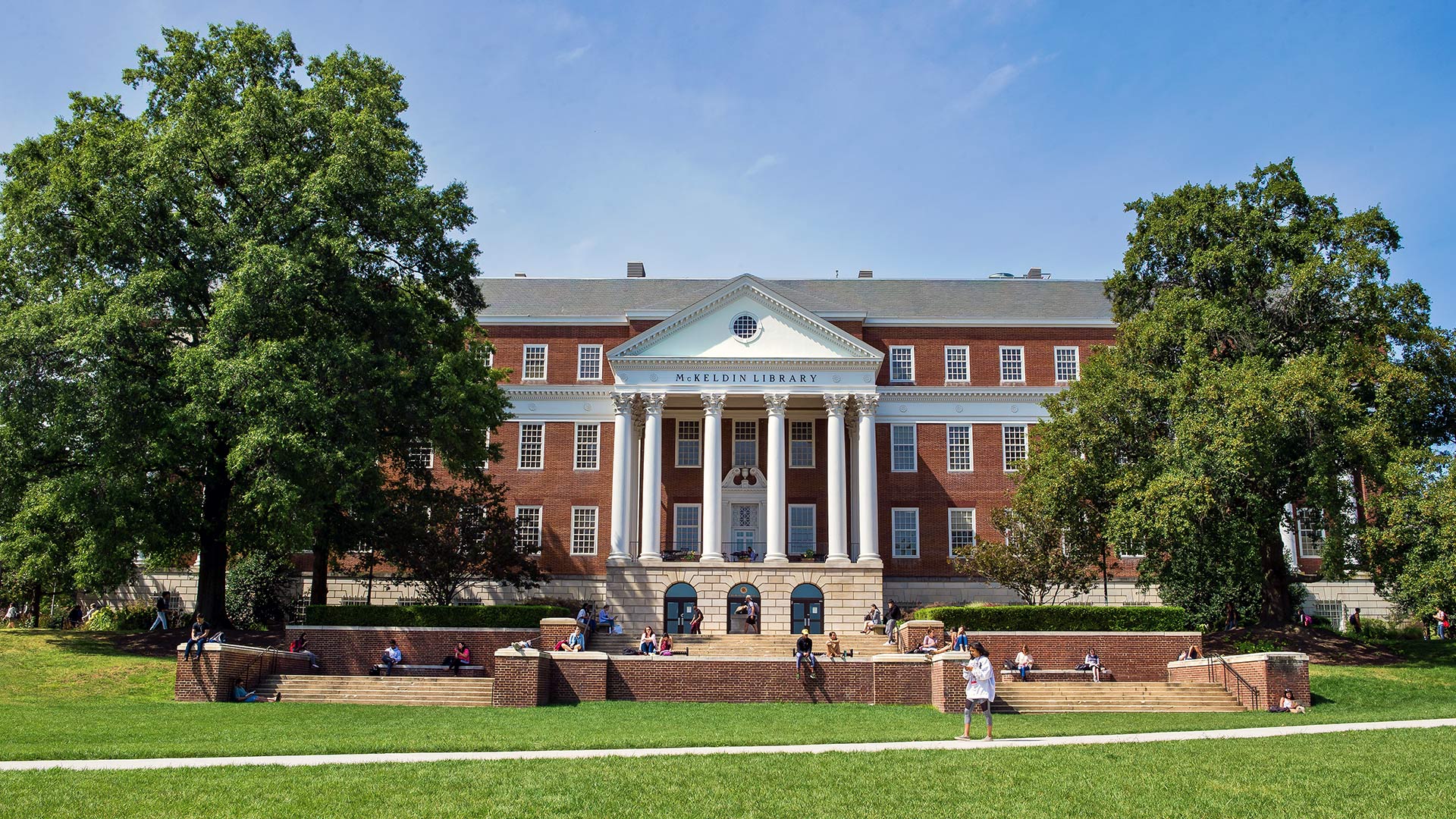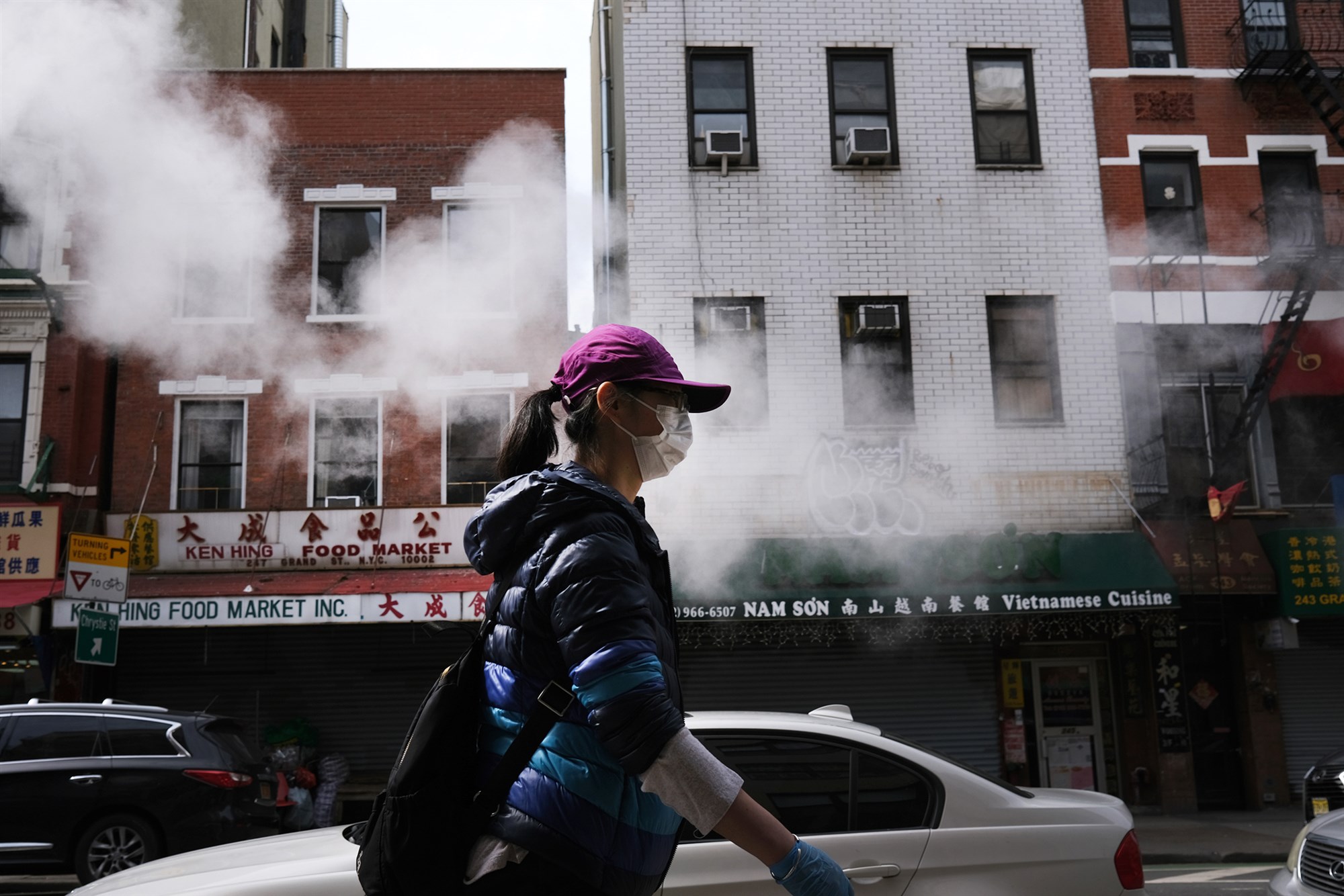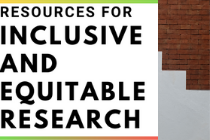By Caitlin Yoshiko Kandil and Kimmy Yam
Arvin Shao's family had run China King Buffet in Woodbridge, Virginia, for almost two decades before it was forced to shut its doors last month. Shao said loyal customers who had eaten there every week and were friendly with his family abruptly stopped coming.
He said he believes that anti-Asian, pandemic-related racism and "fear-mongering" prompted many to abandon his family's establishment.
"It seemed like nobody wanted anything to do with us. Some of them were really close with my dad, always asked about my dad, knew my dad by his name, shook his hand every single time," Shao said in an interview. "Those people were the last people I would ever think would stop coming and just believe whatever was going on in the news, and stop coming because they have a fear or whatever it may be."Alvin SThe restaurant closed at a time when two new reports show that both anti-Asian bias and unemployment among Asian Americans and Pacific Islanders, or AAPI people, are surging.
A new study from UCLA reports that since the start of the pandemic, 83 percent of the Asian American labor force with high school degrees or lower has filed unemployment insurance claims in California — the state with the highest population of Asian Americans — compared to 37 percent of the rest of the state's labor force with the same level of education.
At the same time, new research shows that discrimination against Asian Americans is surging. More than 2,300 Asian Americans had reported bias incidents as of July 15, according to the Asian Pacific Policy and Planning Council, or A3PCON, which hosts the self-reporting tool Stop AAPI Hate.
For some, like Shao's family, the two issues might be related.
The UCLA report, published last week, examined the impacts of the coronavirus on the Asian American labor force in California. It revealed that disadvantaged Asians working in service industries have been "severely impacted."
Researcher Paul Ong, who worked on the report, said that beyond pervasive service industry struggles, he believes people are abandoning Asian establishments because of biases.
"This is why racializing COVID-19 as 'the China virus' has profound societal repercussions. We have seen this in the increase in verbal and physical attacks on Asians and in material ways in terms of joblessness and business failures," he said in an interview.
Donald Mar, another researcher on the UCLA report and a professor at San Francisco State University, said many Asian Americans work in sectors that have been heavily affected by the pandemic. Almost 1 in 4 employed Asian Americans work in hospitality and leisure, retail and other services, including repair shops, hair-cutting and laundries, according to the report. Ong said the disadvantaged groups that are affected are mostly immigrants, many of whom worked in establishments that began to struggle before shelter-in-place orders were enacted, so they have experienced a longer period of losses.
"These are predominantly immigrants, who even before the crisis faced economic hardship because of low wages and long hours," he said. "They are the reason why Asian restaurants are cheap, Vietnamese nail salons low-price and Cambodian doughnut shops have to rely on family help."
Lisa Lee was at a grocery store in Philadelphia near the end of March when, she said, an older white man saw her and started shouting, "Go back to China!" When she told him that she wasn't from China, the man responded, "Then go back to the Philippines or wherever you came from."
Lee, a Philadelphia-based artist, said she now leaves the house only if she has a white male friend to accompany her. "After the pandemic, I felt like can I really survive here? Can I really work here?" said Lee, who is originally from South Korea.
While hate against Asian Americans first spiked at the outset of the pandemic, it's continuing to rise. That includes more than 500 new reports of microaggressions, bullying, harassment, hate speech and violence from mid-June to mid-July.
Russell Jeung, a professor of Asian American studies at San Francisco State University who has been tracking the data for Stop Hate, said the group hit its peak in reported incidents the week President Donald Trump first used the term "Chinese virus."
"When Trump began to insist on the term 'Chinese virus,' we saw a spike in the number of anti-Asian hate incidents," he said. "When he uses those terms, people began to see the virus as Chinese and Chinese as having the virus. So his words have shaped the racial consciousness of Americans. Even non-Trump supporters are buying into that."
He said Stop Hate can't state that there was a direct causation based on its data, but "this keeps on going up."
"It's not surprising, because the president is still using terms that dehumanize Asians in America," he said.Trump began using the term "Chinese virus" in March, and he has also repeatedly referred to COVID-19 as "kung flu," including at a rally in Tulsa, Oklahoma, on June 20. In last week's White House coronavirus briefing, he said the "China plague [was] coming in, floating in, coming into our country."
In addition to A3PCON's data, other surveys have also captured the surge in anti-Asian racism. Nearly one-third of Asian Americans report having been the target of slurs or jokes because of their race or ethnicity since the pandemic began, according to the Pew Research Center, while one-third of all people — including 60 percent of Asians — have witnessed someone blaming Asians for the pandemic, according to a Center for Public Integrity/Ipsos poll. Meanwhile, more than half of Republicans and more than a quarter of Democrats have said they're not at all or not very concerned about the discrimination.
While experts point to Trump's rhetoric as one of the main drivers of bias against Asian Americans, they also point to other factors. The soaring COVID-19 death toll — which topped 145,000 this week — and the emergence of U.S.-China relations as a central presidential campaign issue are also factors, and the reopening of states has provided more opportunity for hate incidents. Experts and community leaders fear a spike in anti-Asian bullying as schools reopen.
Manjusha Kulkarni, executive director of A3PCON, said she expects hate incidents to climb, comparing it to the racism Muslims, Arabs and South Asians faced after the terrorist attacks of Sept. 11, 2001.
"If 9/11 provides any lesson, this is going to continue for a very long time," she said.
But as the number anti-Asian bias incidents rises, so, too, do calls for action.
Last week, a bipartisan group of about 150 members of Congress, led by Rep. Ted Lieu, D-Calif., called on the Justice Department to condemn the racism and provide regular updates on what it is doing to combat hate incidents. Previously, more than a dozen Senate Democrats, led by Mazie Hirono of Hawaii and Cory Booker of New Jersey, sent letters demanding that the Justice Department and the Centers for Disease Control and Prevention come up with a plan to address acts of racism against Asian Americans.
And while Eric Dreiband, the assistant attorney general for civil rights, committed to "prosecute hate crimes and violations of anti-discrimination laws against Asian Americans, Asians, and others to the fullest extent of the law" in an opinion piece for The Washington Examiner in April, advocates say that doesn't go far enough, and they have questioned why the Justice Department and the CDC haven't set guidelines on racism and xenophobia they way they did after 9/11 and the 2003 outbreak of severe acute respiratory syndrome.
Stewart Kwoh, founder of Asian Americans Advancing Justice-Los Angeles, said he wants federal, state and local agencies to do more to track racist incidents directed at Asian Americans — including developing new techniques to track online incidents — because having more data would help combat hate.
"It's very important, because we need to figure out where the hate is happening," he said. "Is it concentrated in a certain spot? Is it spread all around? What kinds of incidents are there? Are there actual threats to the verbal altercations? We have to figure it out, because we don't want this to escalate. If there's a hot spot in some area, we need to figure out if the authorities need to look at it more closely or be vigilant about possible hate crimes."
But Kwoh said it's going to take a broader approach to quell the hate. He and Advancing Justice are working on several strategies, he said, including bystander training, coalitions with a variety of non-Asian American groups that are standing up to racism, use of public service announcements to elevate the stories of AAPIs fighting the coronavirus and development of a curriculum about Asian Americans that can be used in schools nationwide.
"All of them need to be employed, because who knows what can happen next?" he said.
Ong said the findings pull back the curtain on the model minority myth, exposing how Asian Americans are not only disproportionately hurt in crisis but are also weathering the added layer of pandemic-related racism.
"Xenophobic and racist behavior is not just limited to harassments and physical attacks but also spills into the economic sphere," Ong said. "Unfounded fears and prejudices have hurt Asian American businesses and workers. What is surprising is the substantial magnitude of this phenomenon."
Mar said research from previous pandemics has pointed to a greater degree of struggle during and after the health crisis among minorities, households with lower incomes and other disadvantaged groups. But the report also reflects existing disparities and diversity among Asian Americans. Janelle Wong, a professor of American studies at the University of Maryland who has researched the working lives of AAPI people in California, echoed Mar's thoughts. She said the overall financial stability of the Asian American population has obscured specific economic struggles among subgroups, even before COVID-19.
Research released in November, before the pandemic, found that roughly a quarter of AAPI people in California were working and struggling with poverty. The groups with the highest proportions of poverty were the Hmong community, at 44 percent, and the Native Hawaiian and Pacific Islander community, at 36 percent.
"The UCLA report makes clear that the stark inequalities that existed before the pandemic have only deepened and widened," she said. "Policies must recognize the ways in which racial discrimination and economic vulnerabilities are intertwined and address both."

